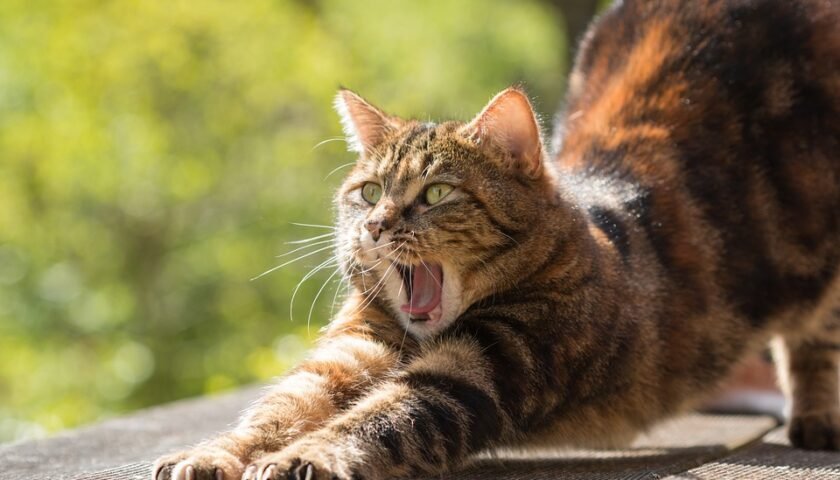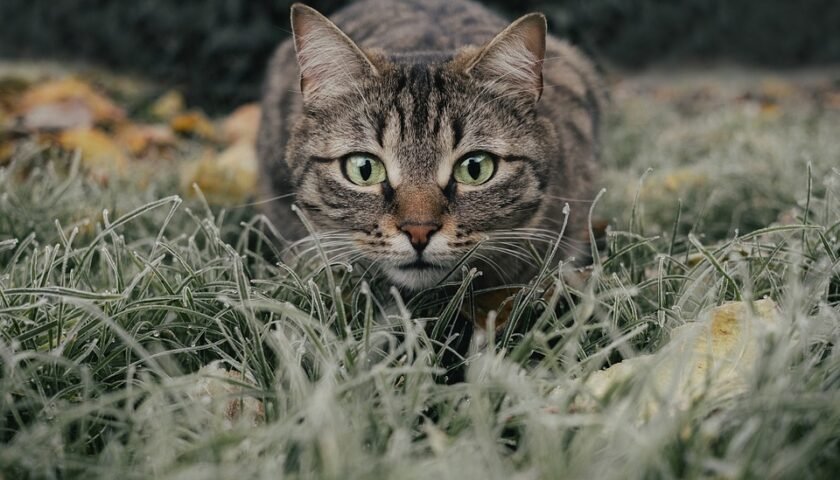[ad_1]
As our pets reach their golden years, they require special attention and care to ensure they stay happy and healthy. Senior pets, just like humans, can experience various age-related health issues that require special attention. By following some expert tips for nurturing your older furry friends, you can provide them with the care they need and, most importantly, maintain their quality of life.
1. Regular veterinary check-ups: As your pet ages, it’s crucial to schedule regular check-ups with your veterinarian. These visits allow your vet to monitor any changes in your pet’s health and catch potential problems early. Routine check-ups can help detect and address age-related issues such as arthritis, dental problems, or changes in vision or hearing.
2. Proper nutrition: Older pets often require a specialized diet to cater to their changing nutritional needs. Consult with your veterinarian to find the right balance of nutrients, vitamins, and minerals your senior pet needs. Adjusting their diet accordingly will help manage weight, joint health, and overall energy levels.
3. Maintain a healthy weight: Obesity can worsen existing health conditions and put additional stress on aging joints. Make sure to monitor your senior pet’s weight and adjust their diet and exercise routine accordingly. Regular low-impact exercise, such as short walks or gentle playtime, can help maintain muscle tone and joint flexibility.
4. Comfortable environment: As your pet ages, consider making changes to your home to accommodate their changing needs. Provide soft and supportive bedding to ease joint pain and provide them with easy access to their favorite spots. Consider using ramps or stairs to help them navigate furniture or steps. Keeping your home warm and well-ventilated is essential for their comfort.
5. Dental care: Dental hygiene plays a crucial role in your pet’s overall health regardless of their age. However, dental problems become increasingly common in senior pets. Regular brushing and dental check-ups can prevent painful dental issues and keep your pet’s breath fresh.
6. Mental stimulation: As pets age, they may start to experience cognitive decline. To keep their minds sharp and engaged, provide mental stimulation. Puzzle toys, interactive games, and learning new tricks can all help to keep their brain active and slow down cognitive decline.
7. Hydration and preventive healthcare: Older pets are more prone to dehydration, so ensure they have easy access to fresh water at all times. Additionally, don’t forget about essential preventive healthcare measures such as regular vaccinations, flea and tick control, and heartworm prevention. These measures become even more important in senior pets, as their immune systems can become weaker.
8. Provide gentle grooming: Aging pets may have difficulty grooming themselves properly, especially in hard-to-reach areas. Help them out by providing gentle brushing and regular grooming to maintain their coat’s health and cleanliness. Regular grooming sessions also provide an opportunity to examine your pet’s skin for any abnormalities or signs of illness.
Caring for senior pets requires a combination of love, attention, and expert knowledge. By following these expert tips, you can ensure that your older furry friends enjoy a comfortable, happy, and healthy life in their golden years. After all, they have been our loyal companions throughout their lives, and they deserve nothing less.
[ad_2]




